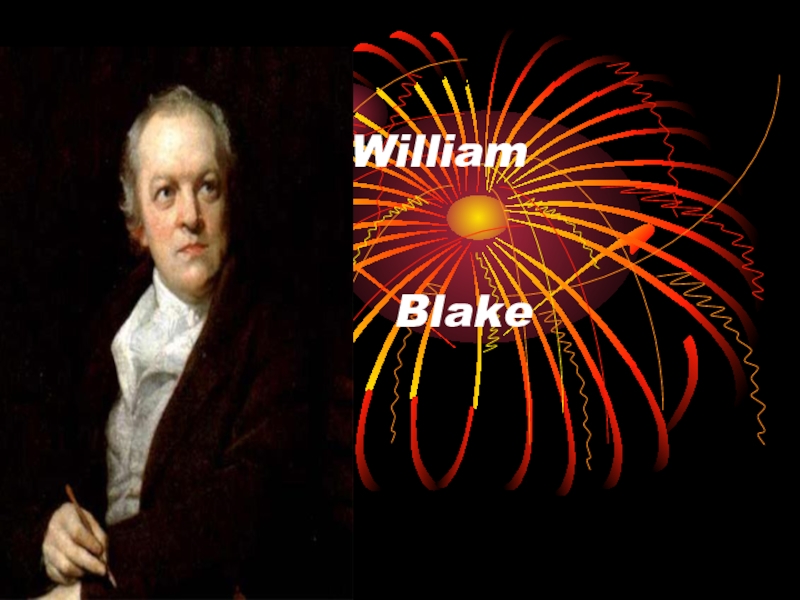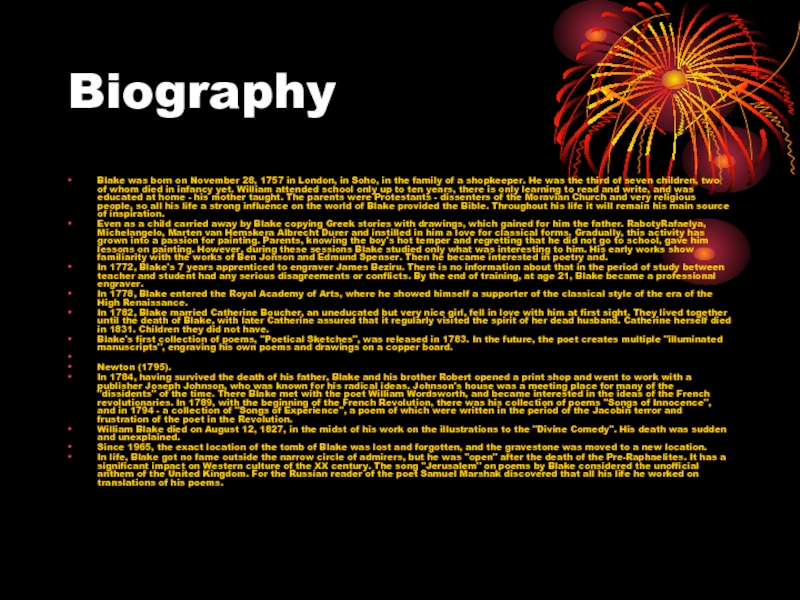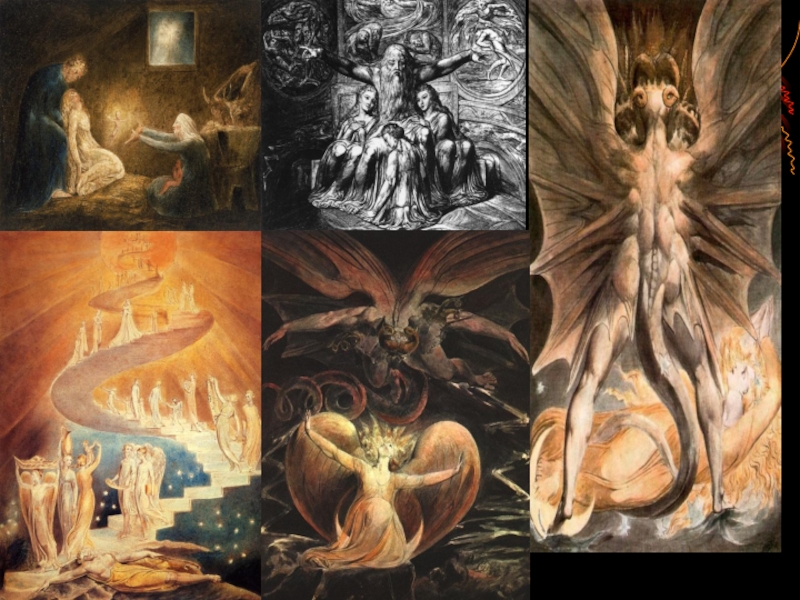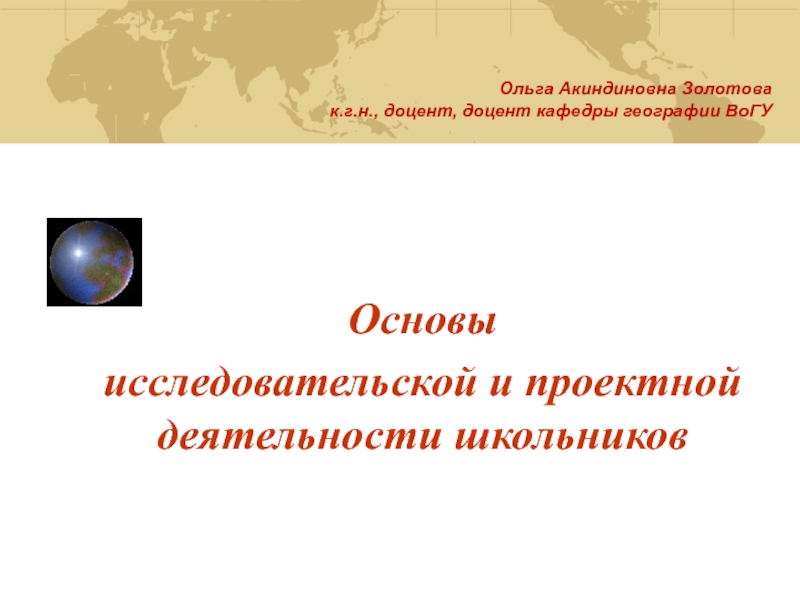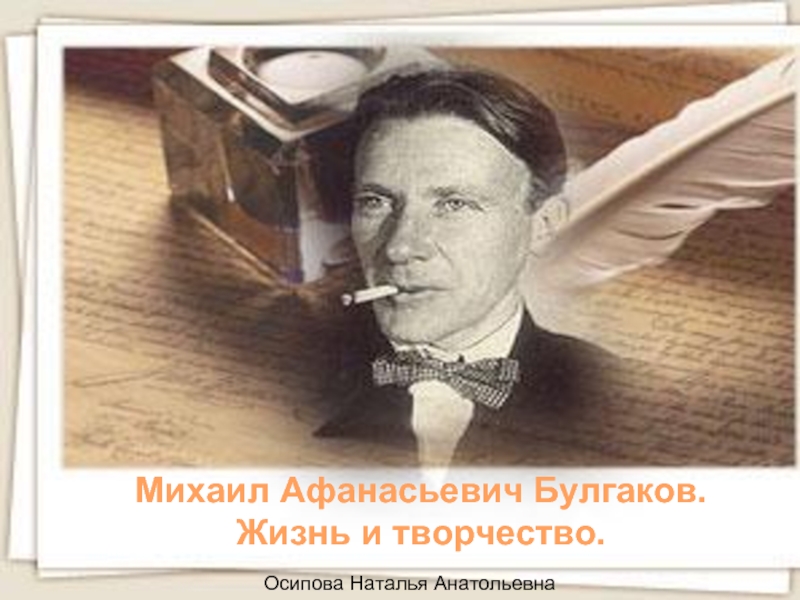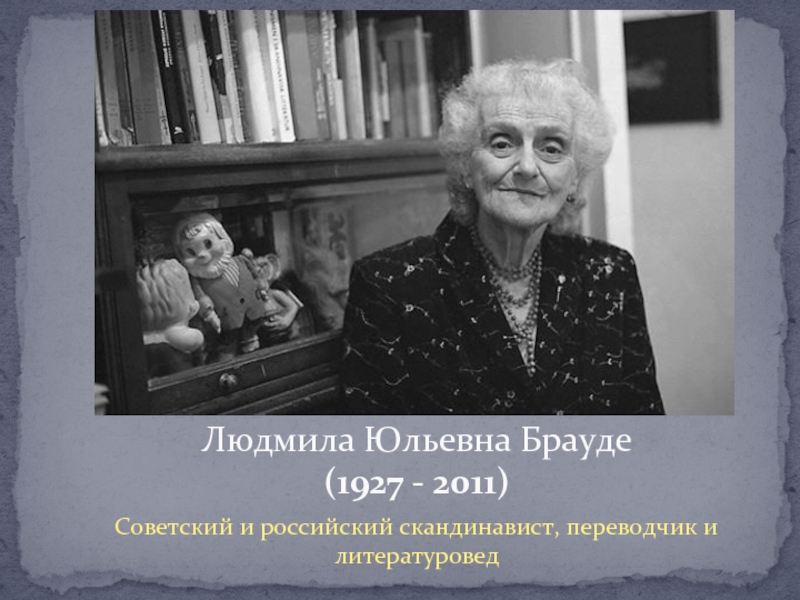Blake
- Главная
- Разное
- Дизайн
- Бизнес и предпринимательство
- Аналитика
- Образование
- Развлечения
- Красота и здоровье
- Финансы
- Государство
- Путешествия
- Спорт
- Недвижимость
- Армия
- Графика
- Культурология
- Еда и кулинария
- Лингвистика
- Английский язык
- Астрономия
- Алгебра
- Биология
- География
- Детские презентации
- Информатика
- История
- Литература
- Маркетинг
- Математика
- Медицина
- Менеджмент
- Музыка
- МХК
- Немецкий язык
- ОБЖ
- Обществознание
- Окружающий мир
- Педагогика
- Русский язык
- Технология
- Физика
- Философия
- Химия
- Шаблоны, картинки для презентаций
- Экология
- Экономика
- Юриспруденция
William Blake презентация
Слайд 2Biography
Blake was born on November 28, 1757 in London, in Soho,
in the family of a shopkeeper. He was the third of seven children, two of whom died in infancy yet. William attended school only up to ten years, there is only learning to read and write, and was educated at home - his mother taught. The parents were Protestants - dissenters of the Moravian Church and very religious people, so all his life a strong influence on the world of Blake provided the Bible. Throughout his life it will remain his main source of inspiration.
Even as a child carried away by Blake copying Greek stories with drawings, which gained for him the father. RabotyRafaelya, Michelangelo, Marten van Hemskera Albrecht Durer and instilled in him a love for classical forms. Gradually, this activity has grown into a passion for painting. Parents, knowing the boy's hot temper and regretting that he did not go to school, gave him lessons on painting. However, during these sessions Blake studied only what was interesting to him. His early works show familiarity with the works of Ben Jonson and Edmund Spenser. Then he became interested in poetry and.
In 1772, Blake's 7 years apprenticed to engraver James Beziru. There is no information about that in the period of study between teacher and student had any serious disagreements or conflicts. By the end of training, at age 21, Blake became a professional engraver.
In 1778, Blake entered the Royal Academy of Arts, where he showed himself a supporter of the classical style of the era of the High Renaissance.
In 1782, Blake married Catherine Boucher, an uneducated but very nice girl, fell in love with him at first sight. They lived together until the death of Blake, with later Catherine assured that it regularly visited the spirit of her dead husband. Catherine herself died in 1831. Children they did not have.
Blake's first collection of poems, "Poetical Sketches", was released in 1783. In the future, the poet creates multiple "illuminated manuscripts", engraving his own poems and drawings on a copper board.
Newton (1795).
In 1784, having survived the death of his father, Blake and his brother Robert opened a print shop and went to work with a publisher Joseph Johnson, who was known for his radical ideas. Johnson's house was a meeting place for many of the "dissidents" of the time. There Blake met with the poet William Wordsworth, and became interested in the ideas of the French revolutionaries. In 1789, with the beginning of the French Revolution, there was his collection of poems "Songs of Innocence", and in 1794 - a collection of "Songs of Experience", a poem of which were written in the period of the Jacobin terror and frustration of the poet in the Revolution.
William Blake died on August 12, 1827, in the midst of his work on the illustrations to the "Divine Comedy". His death was sudden and unexplained.
Since 1965, the exact location of the tomb of Blake was lost and forgotten, and the gravestone was moved to a new location.
In life, Blake got no fame outside the narrow circle of admirers, but he was "open" after the death of the Pre-Raphaelites. It has a significant impact on Western culture of the XX century. The song "Jerusalem" on poems by Blake considered the unofficial anthem of the United Kingdom. For the Russian reader of the poet Samuel Marshak discovered that all his life he worked on translations of his poems.
Even as a child carried away by Blake copying Greek stories with drawings, which gained for him the father. RabotyRafaelya, Michelangelo, Marten van Hemskera Albrecht Durer and instilled in him a love for classical forms. Gradually, this activity has grown into a passion for painting. Parents, knowing the boy's hot temper and regretting that he did not go to school, gave him lessons on painting. However, during these sessions Blake studied only what was interesting to him. His early works show familiarity with the works of Ben Jonson and Edmund Spenser. Then he became interested in poetry and.
In 1772, Blake's 7 years apprenticed to engraver James Beziru. There is no information about that in the period of study between teacher and student had any serious disagreements or conflicts. By the end of training, at age 21, Blake became a professional engraver.
In 1778, Blake entered the Royal Academy of Arts, where he showed himself a supporter of the classical style of the era of the High Renaissance.
In 1782, Blake married Catherine Boucher, an uneducated but very nice girl, fell in love with him at first sight. They lived together until the death of Blake, with later Catherine assured that it regularly visited the spirit of her dead husband. Catherine herself died in 1831. Children they did not have.
Blake's first collection of poems, "Poetical Sketches", was released in 1783. In the future, the poet creates multiple "illuminated manuscripts", engraving his own poems and drawings on a copper board.
Newton (1795).
In 1784, having survived the death of his father, Blake and his brother Robert opened a print shop and went to work with a publisher Joseph Johnson, who was known for his radical ideas. Johnson's house was a meeting place for many of the "dissidents" of the time. There Blake met with the poet William Wordsworth, and became interested in the ideas of the French revolutionaries. In 1789, with the beginning of the French Revolution, there was his collection of poems "Songs of Innocence", and in 1794 - a collection of "Songs of Experience", a poem of which were written in the period of the Jacobin terror and frustration of the poet in the Revolution.
William Blake died on August 12, 1827, in the midst of his work on the illustrations to the "Divine Comedy". His death was sudden and unexplained.
Since 1965, the exact location of the tomb of Blake was lost and forgotten, and the gravestone was moved to a new location.
In life, Blake got no fame outside the narrow circle of admirers, but he was "open" after the death of the Pre-Raphaelites. It has a significant impact on Western culture of the XX century. The song "Jerusalem" on poems by Blake considered the unofficial anthem of the United Kingdom. For the Russian reader of the poet Samuel Marshak discovered that all his life he worked on translations of his poems.
